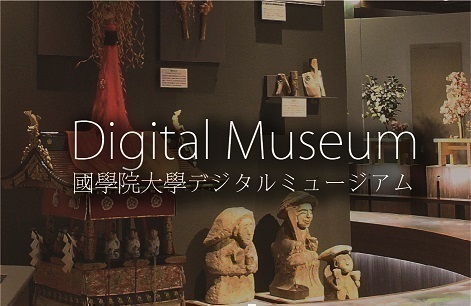- トップ
- Encyclopedia of Shinto
- Kegare
Encyclopedia of Shinto
| Main Menu: | |
| Links: |
詳細表示 (Complete Article)
| カテゴリー1: | 7. Concepts and Doctrines |
|---|---|
| カテゴリー2: | Basic Terms |
| Title | Kegare |
| Text | A polluted and evil condition; a concept opposite of purity. A condition of taboo in Shinto. From ancient times transgressions (tsumi) have been understood as the result of human behavior, but kegare is seen as the result of naturally occurring phenomena. It was thought that when this corruption adhered to the individual it also brought calamities to society. In general kegare can be purified by ritual ablutions (misogi). However, people who upset the order of things by bringing pollution into a ritual space or into a community were treated as in transgression (tsumi), and a ritual purification (harae) was also required. In the jingiryō (Laws on Deities) there were regulations regarding purification and taboos concerning mourning, visiting the sick, eating meat, capital punishment, determining punishment, and evil pollutions, collectively known as the six forms of taboo (rokushiki no kinki). Warrior families of later periods strictly observed similar rules for mourning. In recent folklore studies one group of scholars has viewed kegare as a condition in which ke=ki (vitality) has withered (kare), in other words, vitality has dissipated. —Nishioka Kazuhiko |




